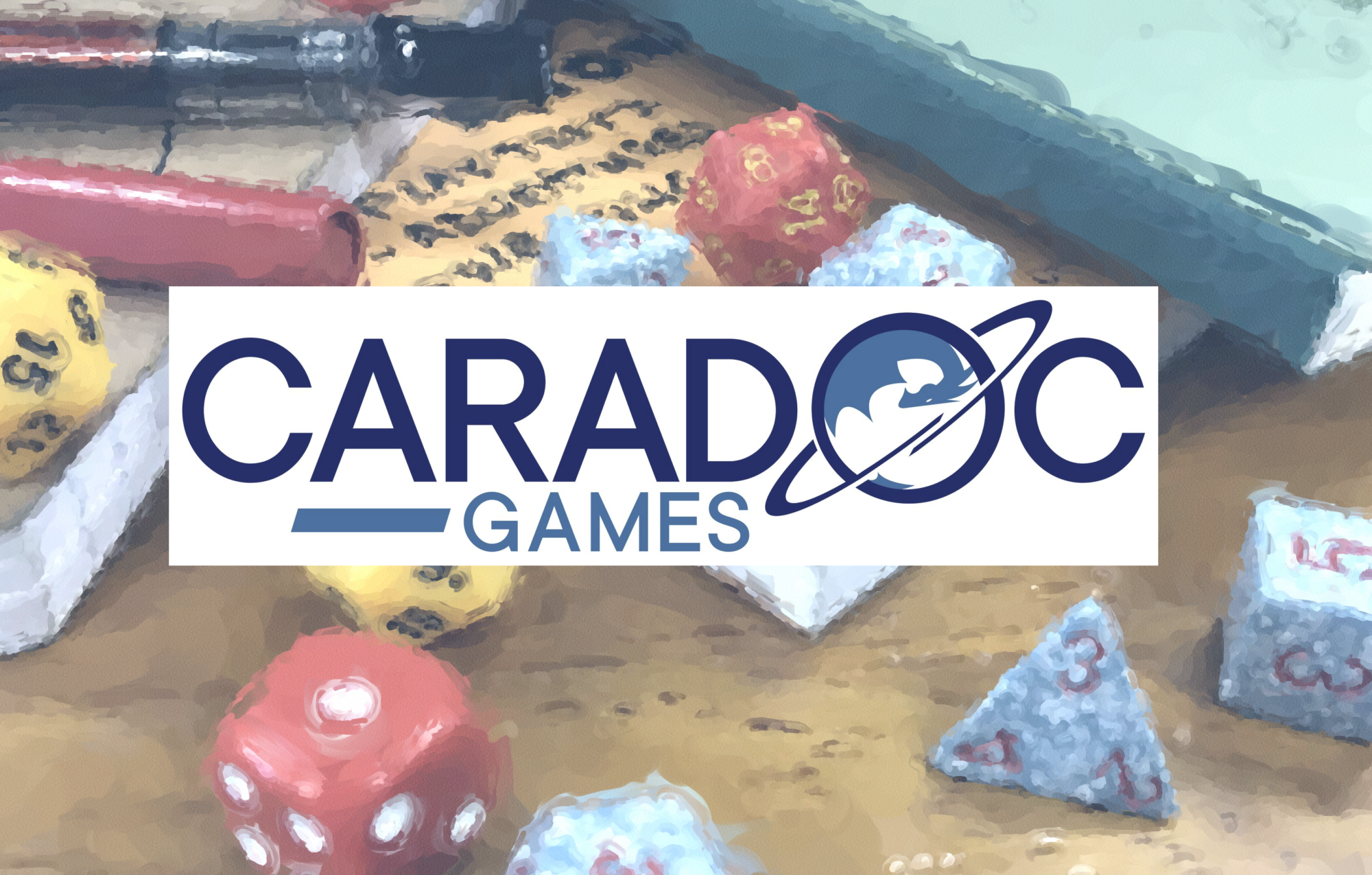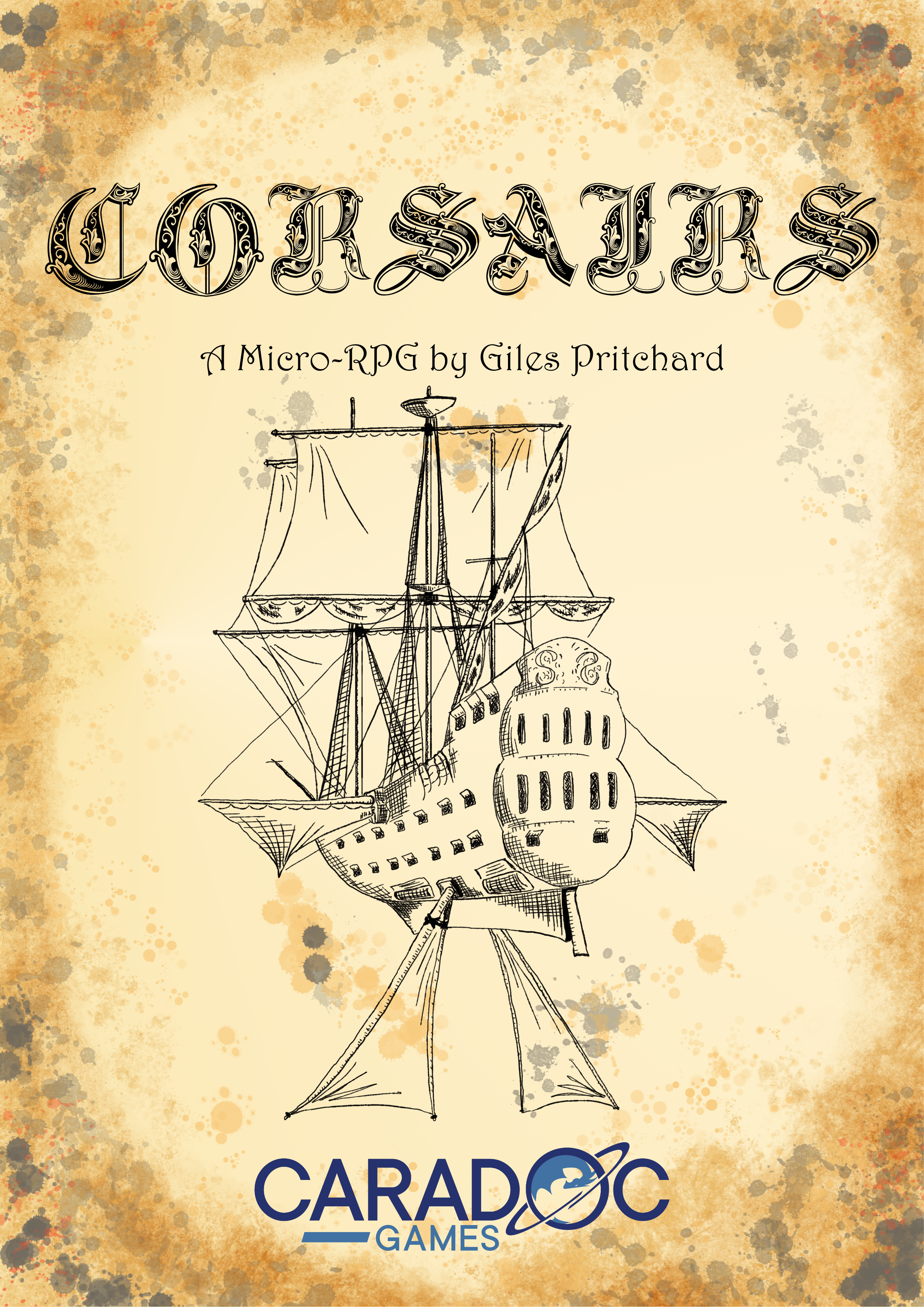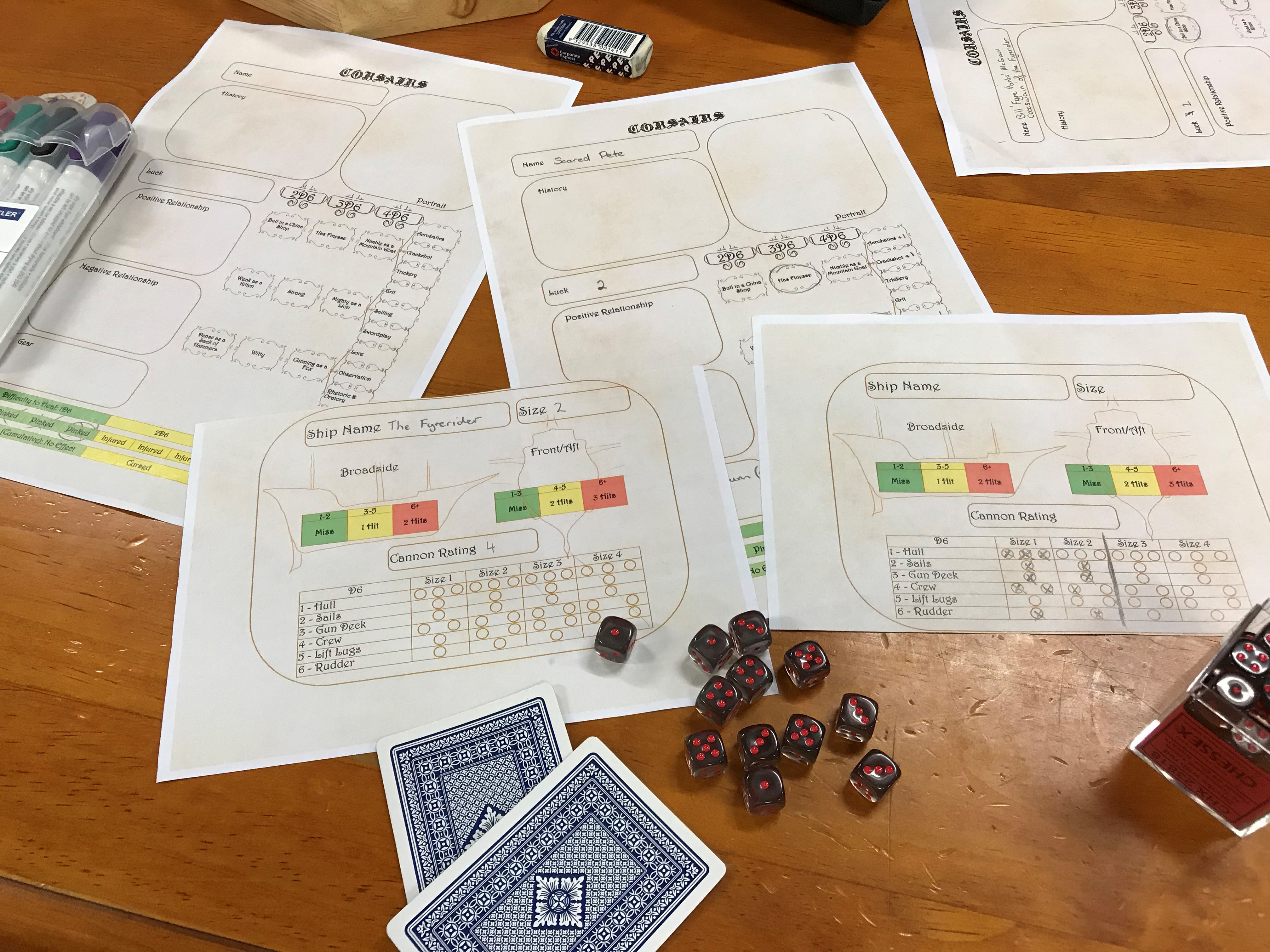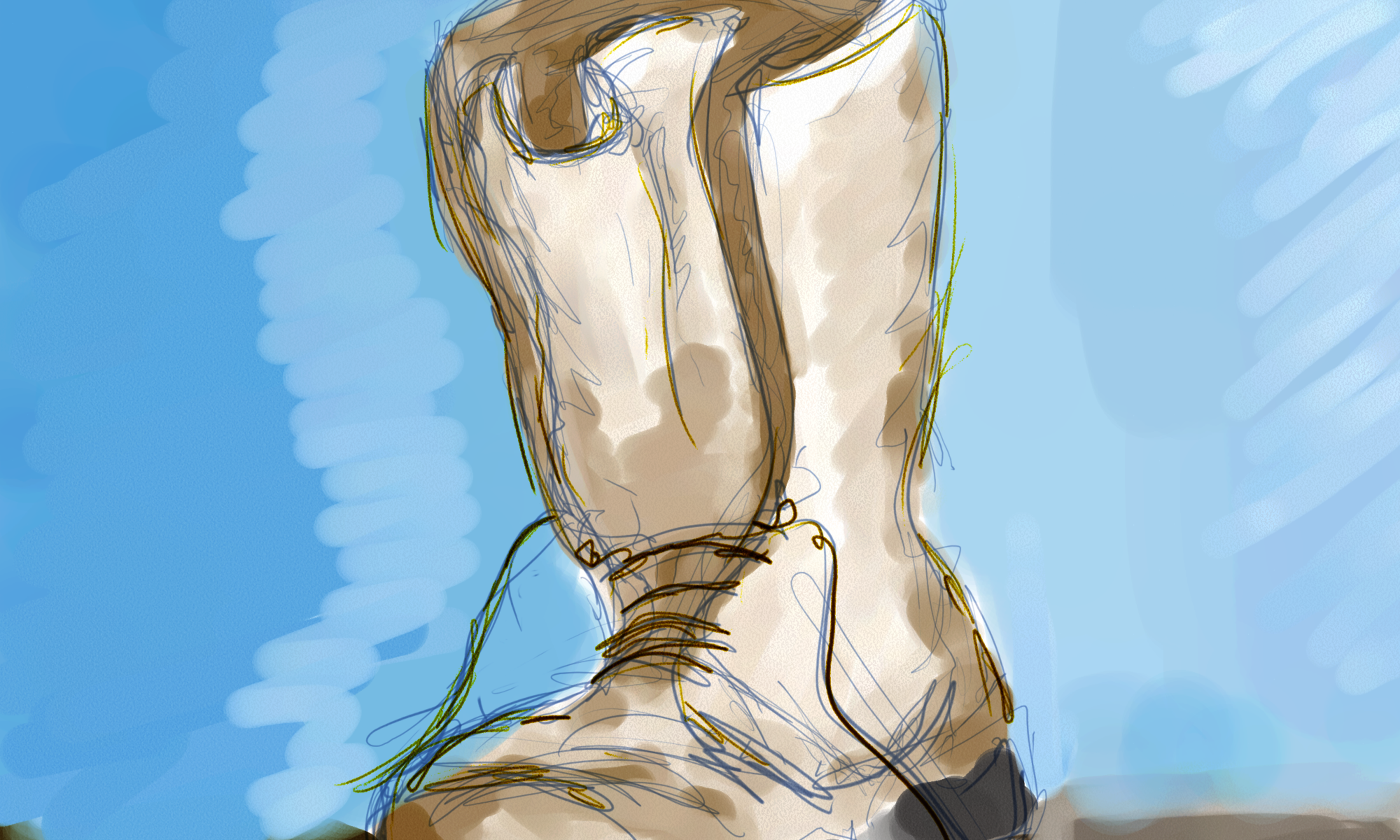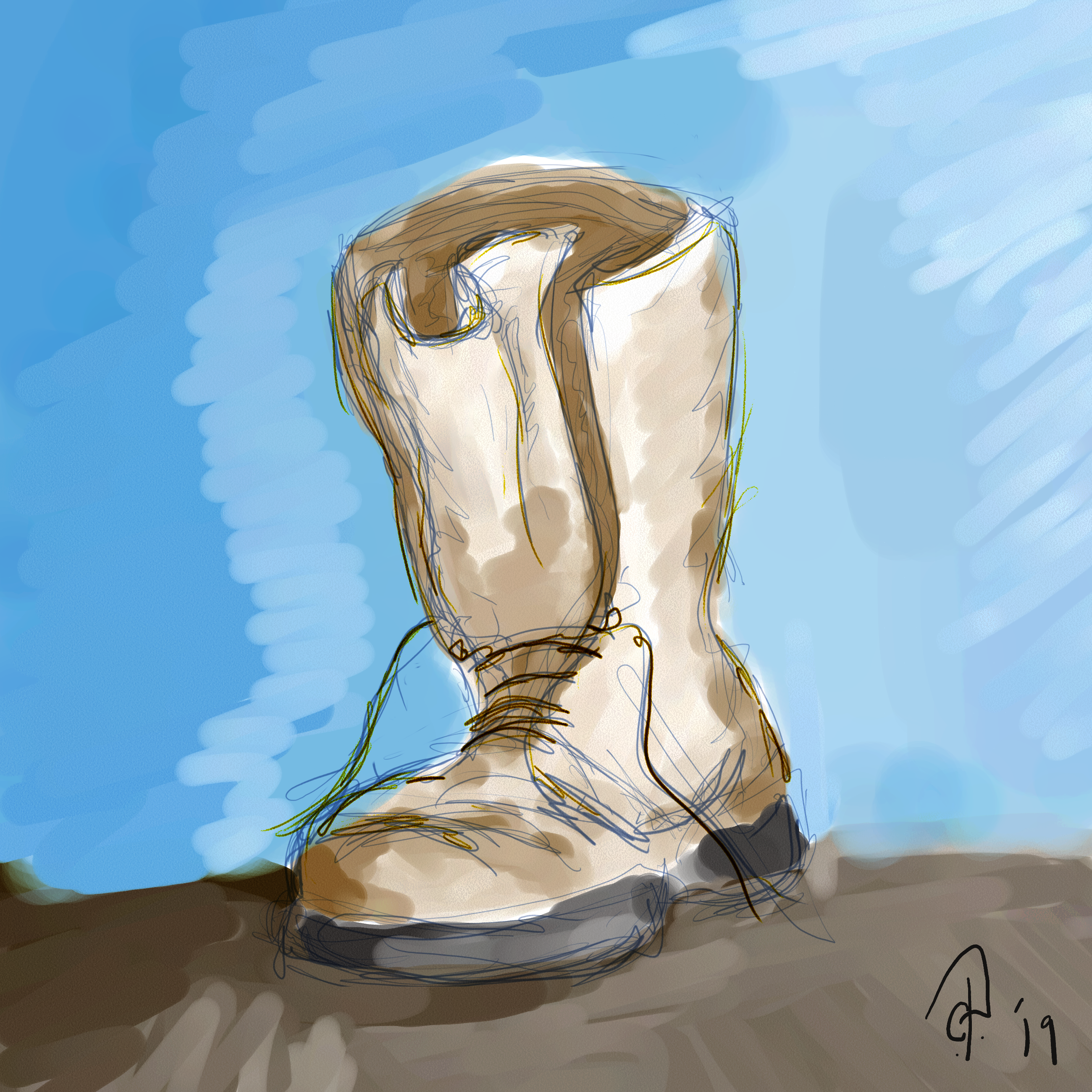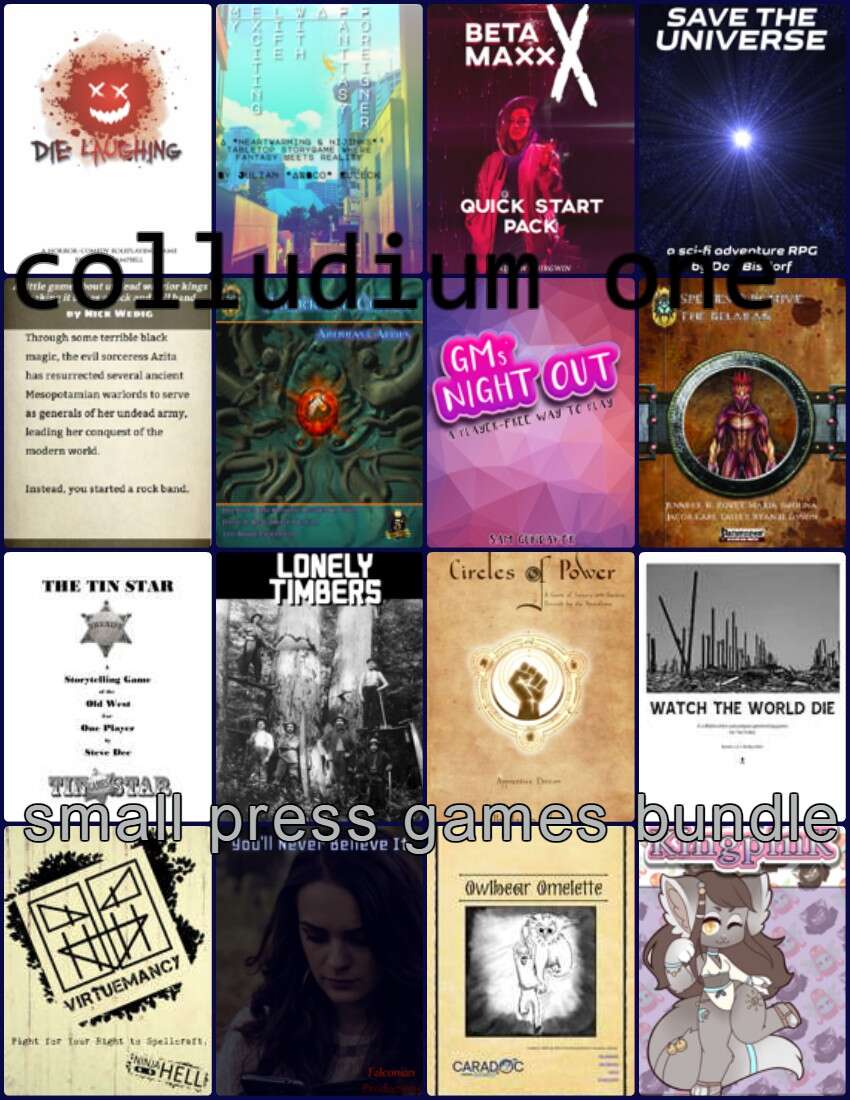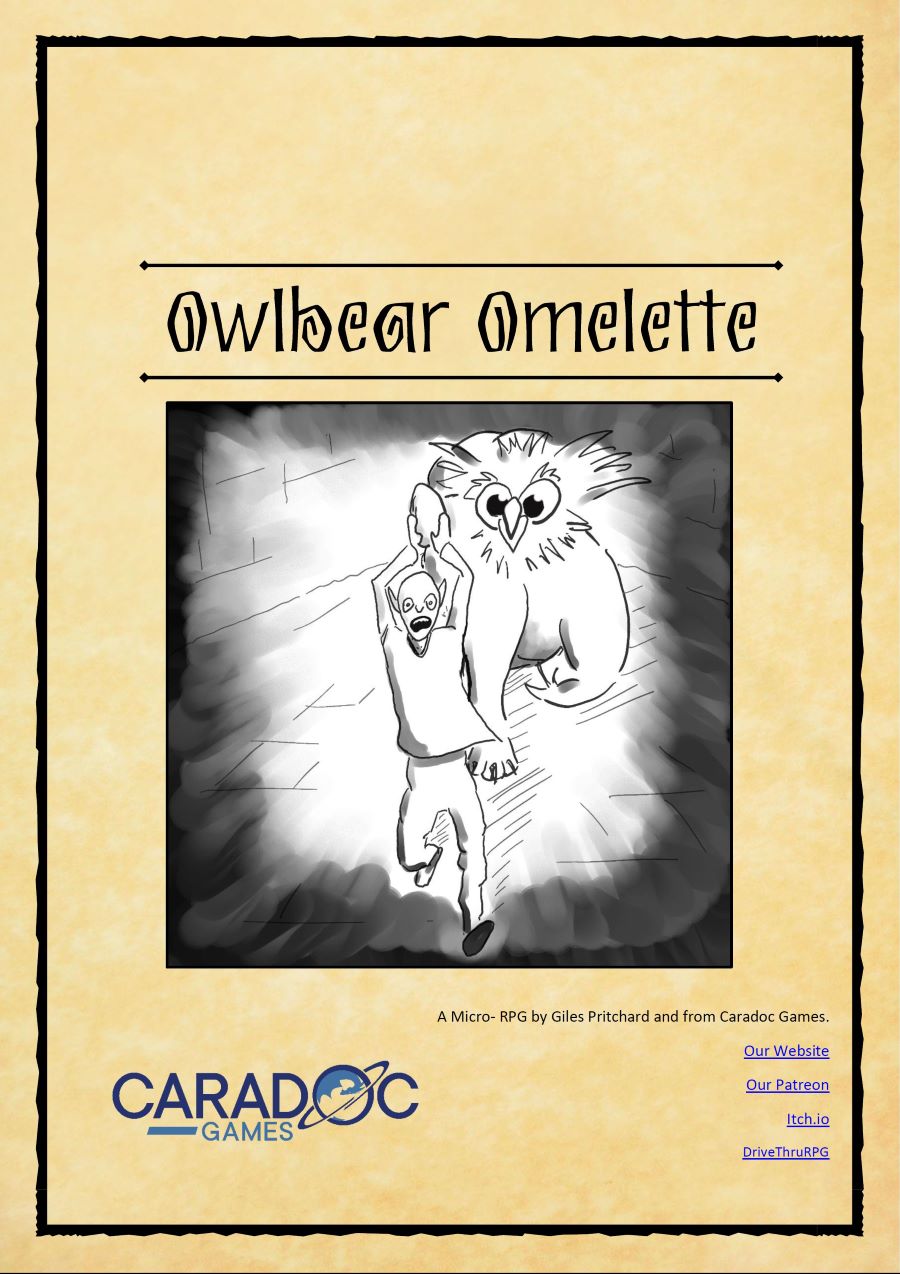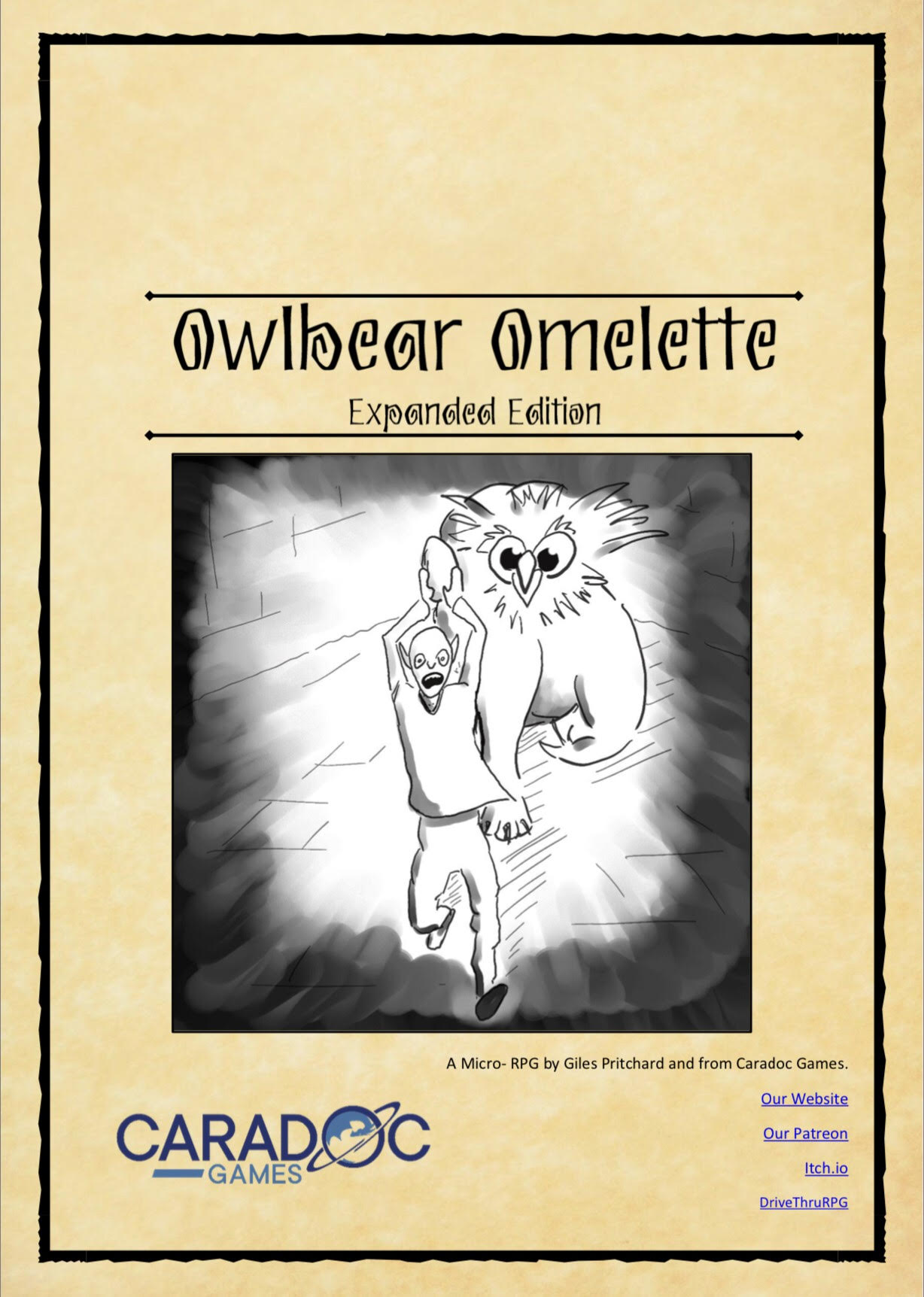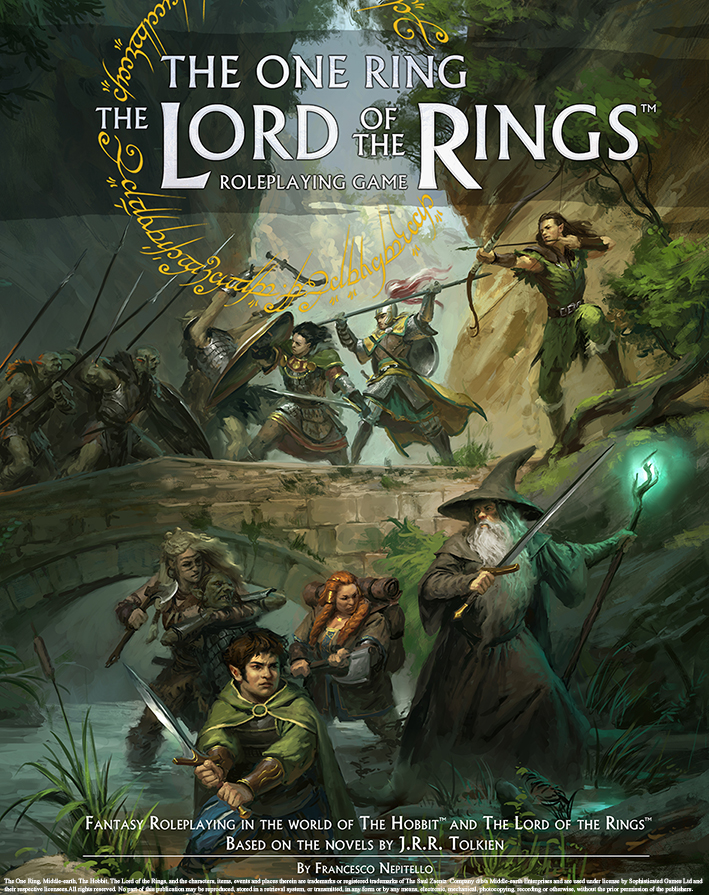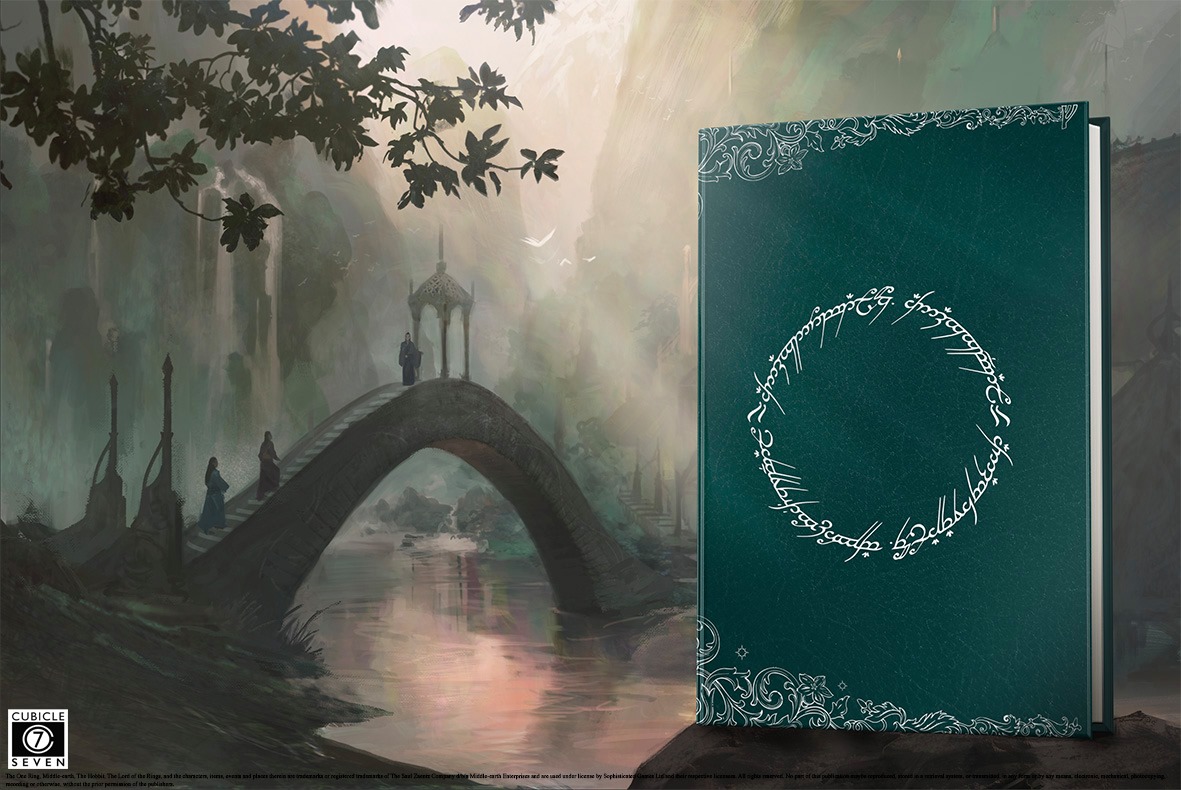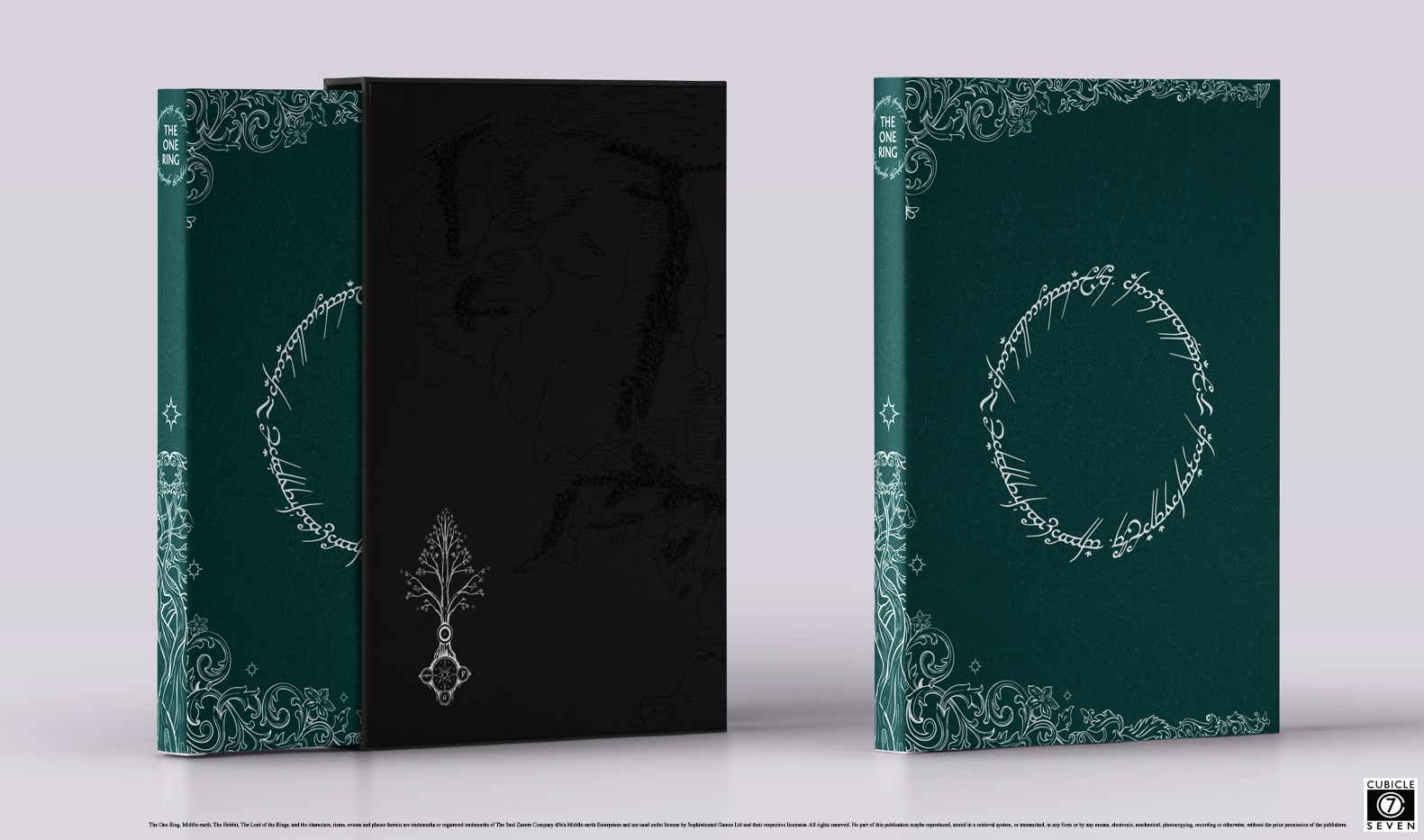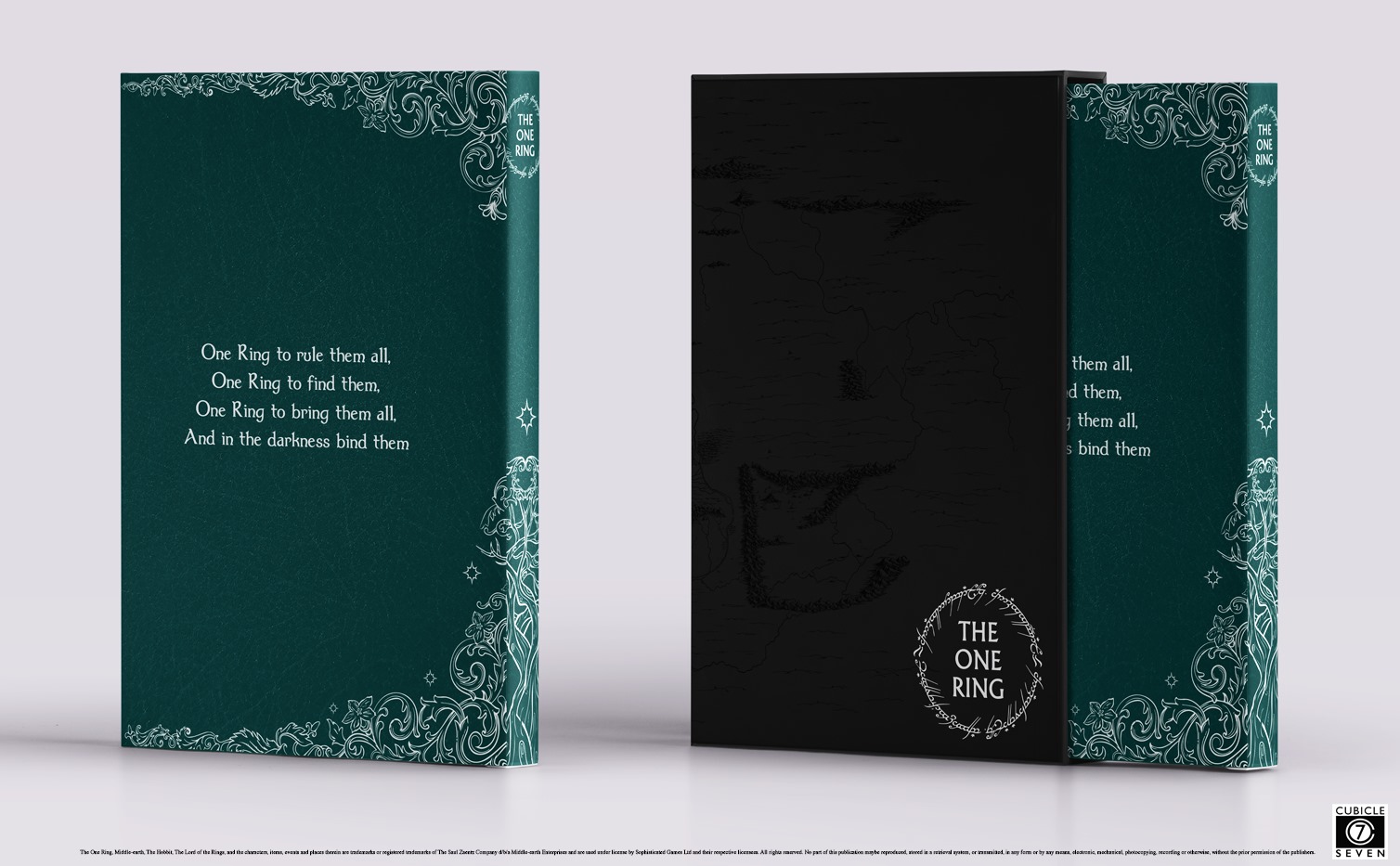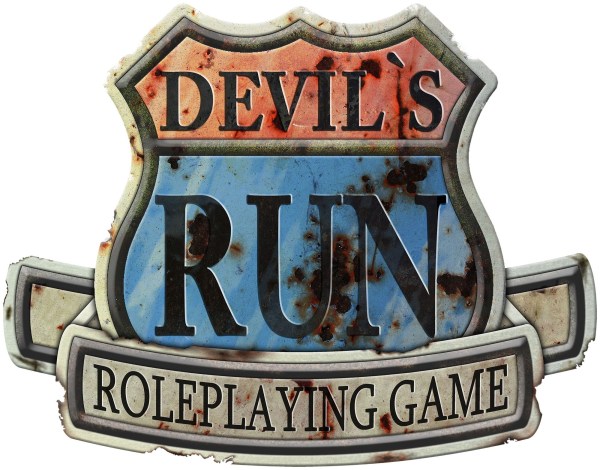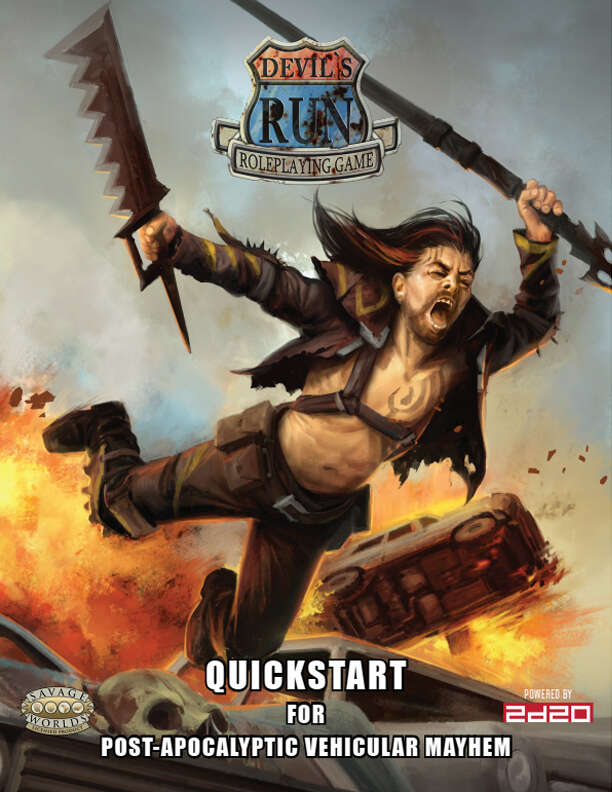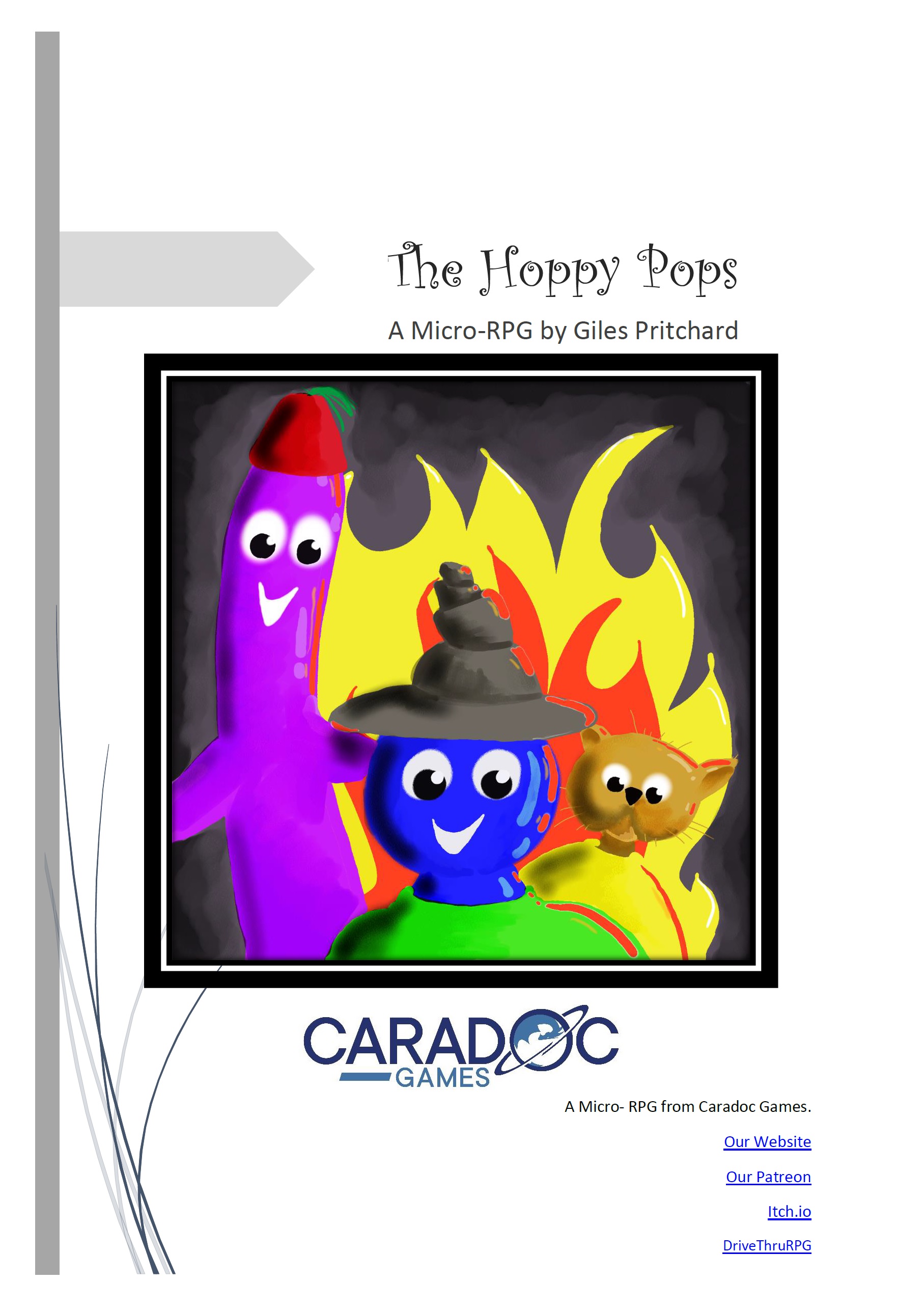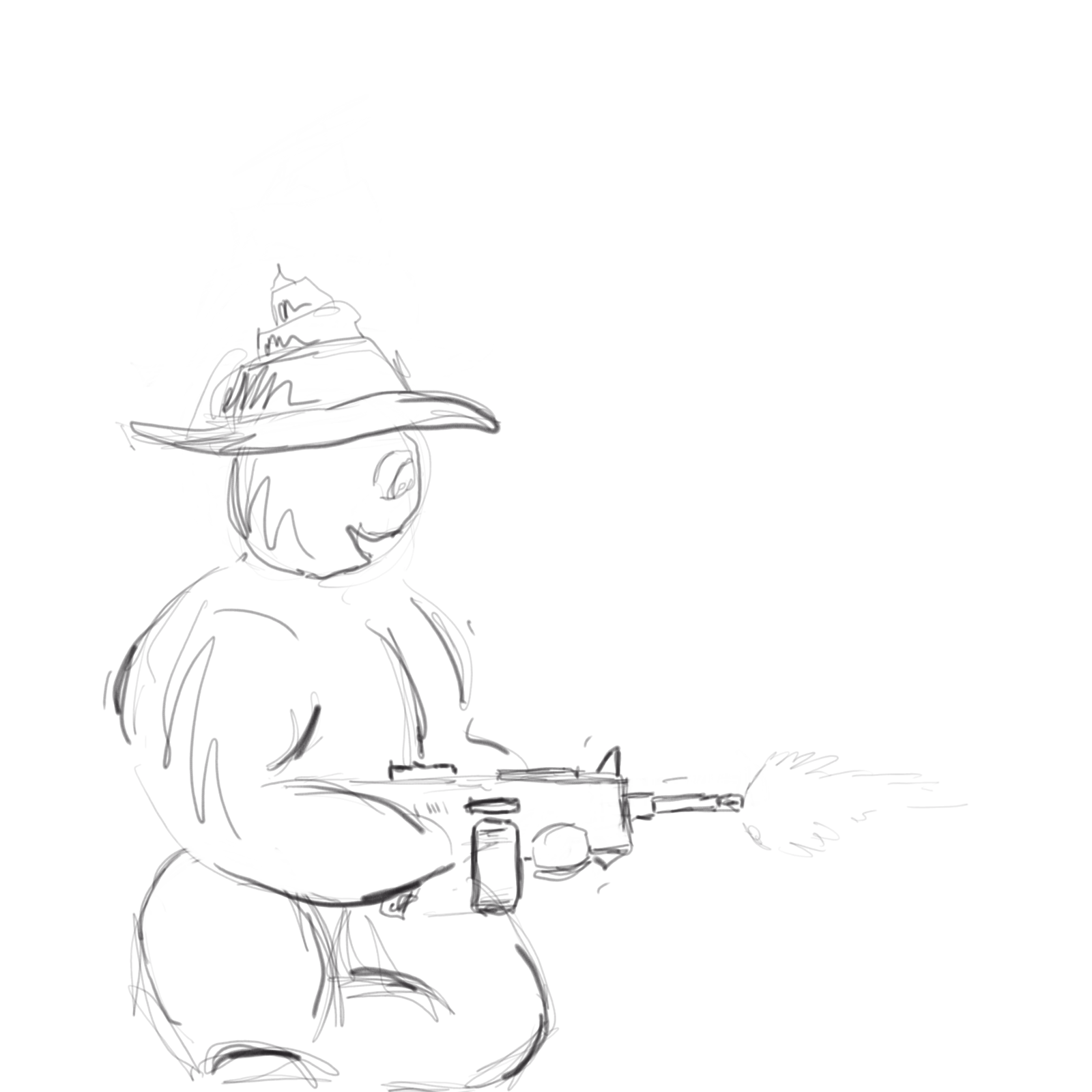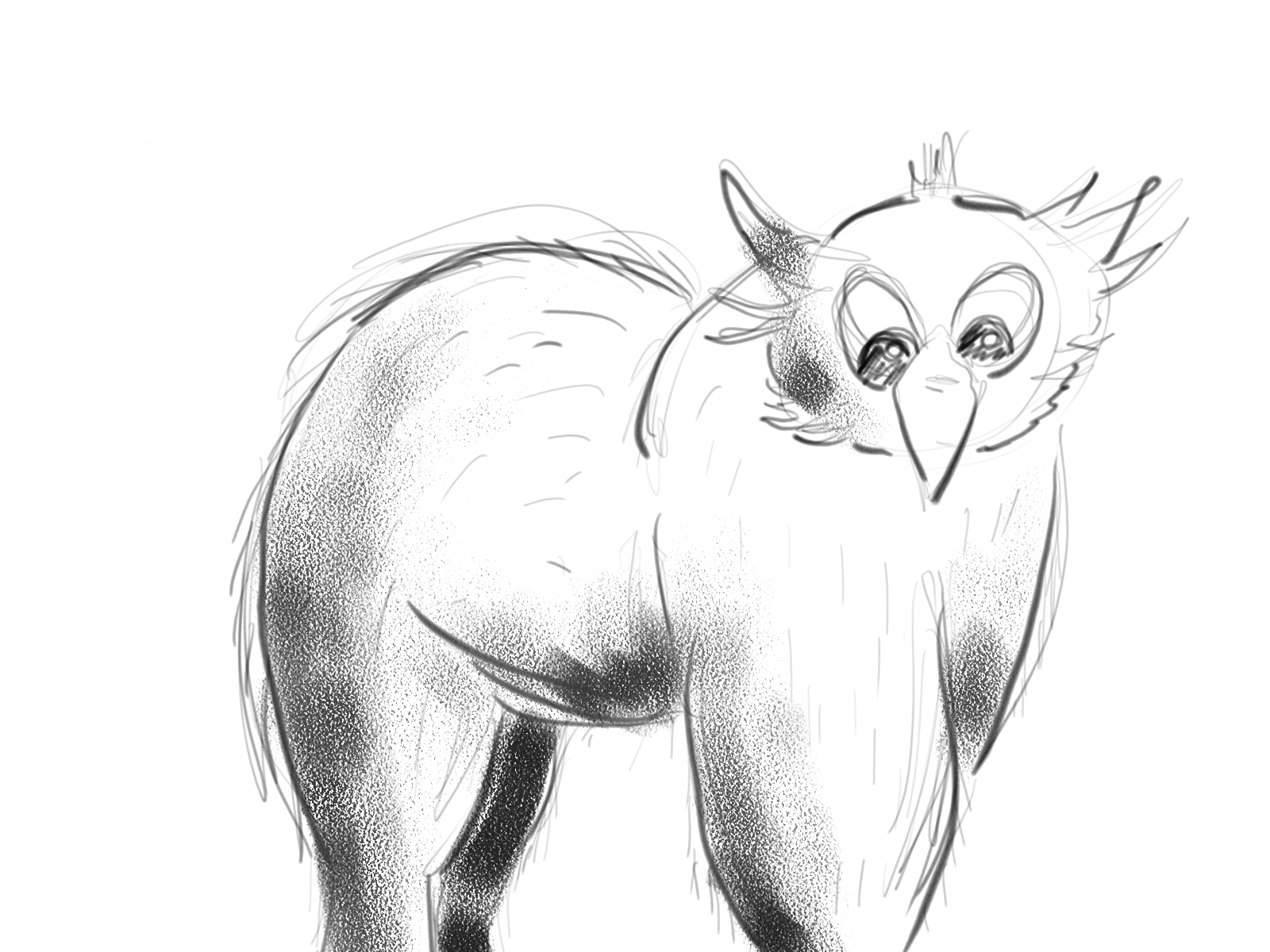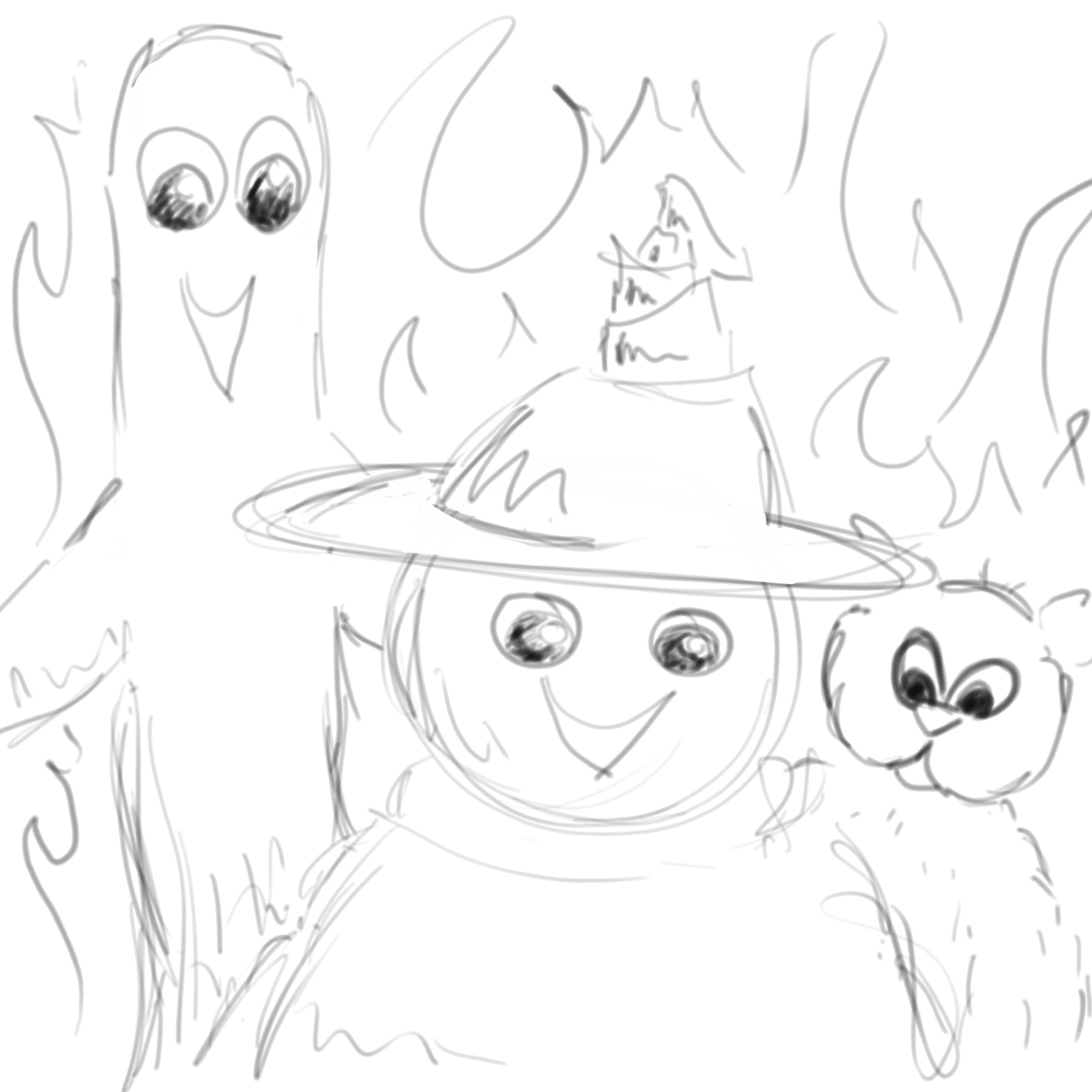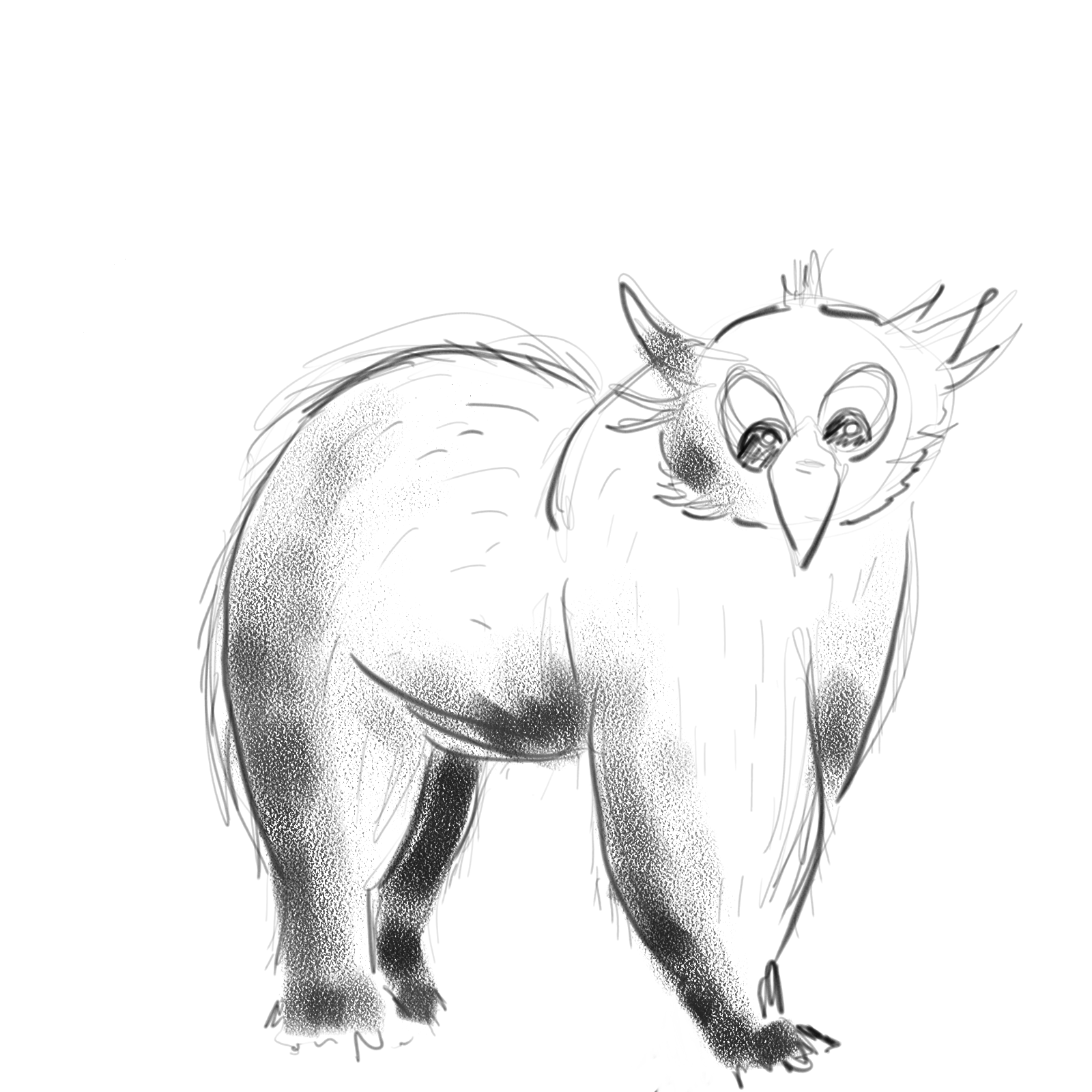Last time I wrote about rewriting, dead time, and some of the economics of freelance writing in the RPG industry. This time I want to delve into that a bit further, and this one is longer than I had anticipated!
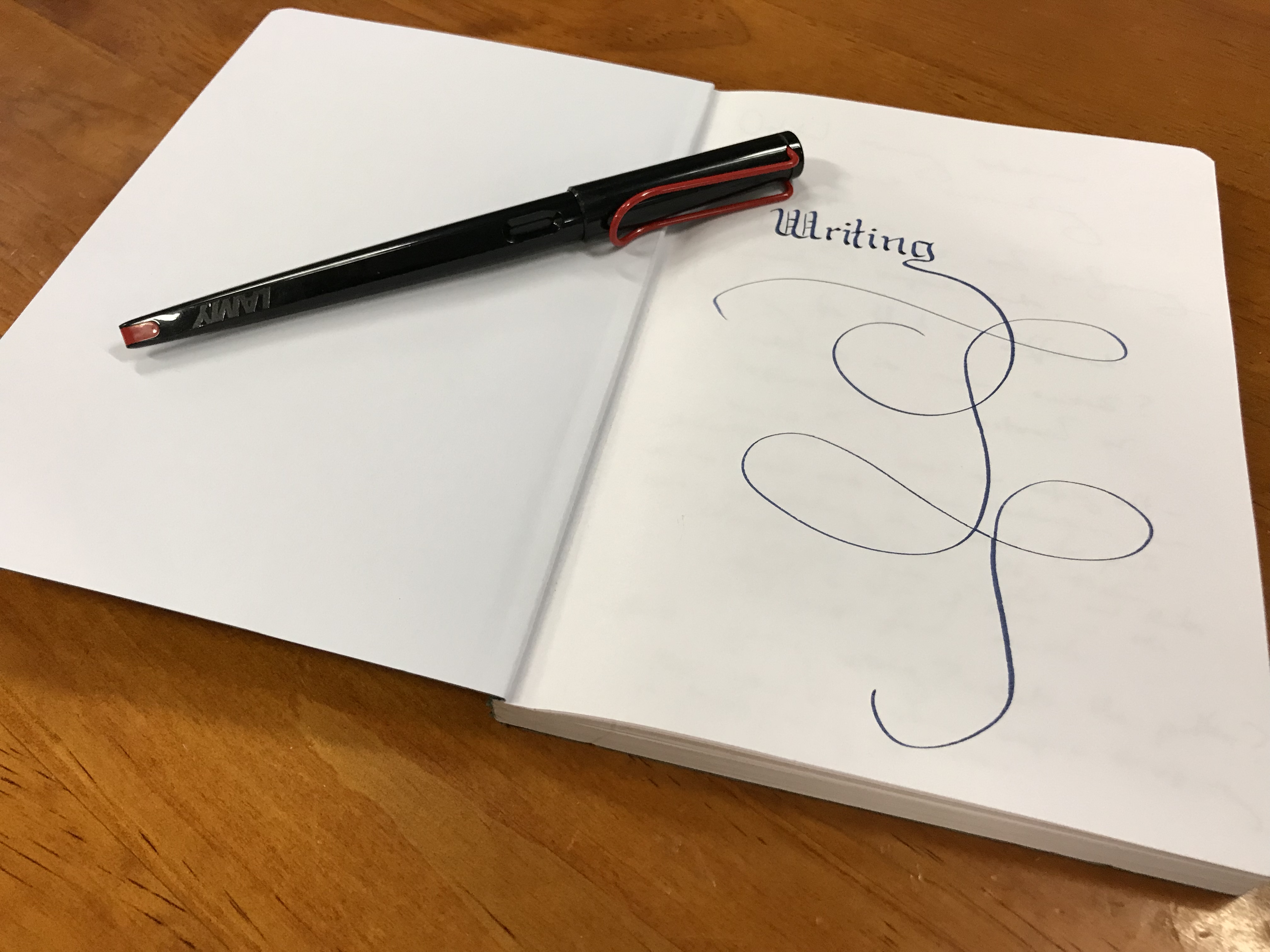
Pay rates are one of those topics that many seem to want to talk about, and at the same time few people really want to talk about. Many creatives on Twitter and elsewhere seem to agree that pay rates in the RPG industry are low, but few people seem to want to talk about how much they earn or the rates they get paid at.
I get it, I often feel that getting specific about rates may annoy the companies or people I work with, and that could jeopardize my relationship with them, and make it harder, or impossible, to get work.
So, with all that in mind I’m going to run with what seems fairly common practice. There seems to be a broad-ish consensus that a rate of $0.03 USD per word is usual for many writers (or for those starting out), and that $0.04 USD is fairly standard overall, some publishers may pay up to $0.06 per word, but for the sake of this post I’m going to stick with a ‘standard’ of about $0.04. The reason? This matches with my experience, and most of the work I have done in the industry over the last few years has been at $0.04 per word. I have read of rates as low as $0.02 per word, and upward of $0.08 to $0.12 per word (with some few claiming or quoting higher rates still).
Rates appear to be different between larger or more established publishers (probably a legacy of tradition and industry standard), and indie publishers, and many of the latter are starting to shake up the standard. Shaking up the standard is a good thing in my opinion, though time will tell if this starts to influence the larger industry. Many smaller companies, especially those using crowdfunding, are building stretch goals around increased pay rates for writers and artists, which I think is a great idea.
So why did I not demand higher rates?
Many people on social media and in the indie industry particularly seem to argue that writers should expect, ask, or demand a higher rate of pay for their work. I can’t necessarily argue with that, though as a freelancer I would argue that many people feel fairly powerless in their capacity to set the terms and make demands. I believe these low rates have been fairly standard for more than 20 years, yes, this is patently ridiculous, and yes, I really agree rates should be higher.
So why did I work for a rate I believe is low?
Because it’s what I believed is/was standard. Because I felt that asking for a higher rate was likely to lead to no work. Because no-one ever wanted to talk about the rates they got paid, even when asked privately, and this wall of silence reinforced my belief that $0.03 per word was ‘normal’, and $0.04 per word was ‘a good deal’.
I want to emphasise this: no-one wanted to talk about rates, even when asked privately, even when many of these people were on social media talking about how the industry needs to increase pay rates for freelance writers. This meant that for a long time I felt like I had no idea what to expect, what was normal, what was standard, or what was exploitative. Thankfully this trend seems to be changing in the last few years, with more information available about what is standard for different companies. Many indie companies are very vocal about the rates they offer, and I would strongly advise following as many creators as possible – search #ttrpg on Twitter, and join Discord and Facebook groups as you find them.
So are the rates actually that low?
Yes. Compared to freelance writing outside our industry, the rates for freelancing in RPGs is low. If we assume that somewhere between $0.04 and $0.06 is standard, these rates are at the very low end of the scale for freelance writing. If I refer to an article about standards paid to freelance writers (based on the survey of over 500 freelancers) rates for RPG freelancers are low. Of those surveyed in the article around 30% of beginning freelancers get between $0.01 and $0.10 per word, close to the same percentage get up to $0.26 per word, and a little over 20% get up to $0.50 per word. This is for beginning level writers. The article from which is get these figures is here for those interested, and is well worth reading.
At what point do you stop being a beginner? After you have written for more than 5 books? 10 books? 20? After you have had 50,000 words published? 100,000? A quarter of a million?
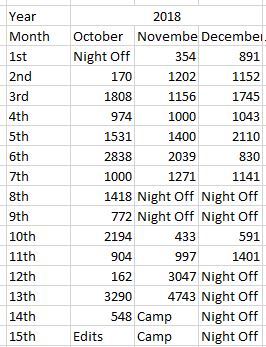
Having written for more than 25 published works totaling nearly half a million words I would hope I am not still sitting in the beginners category, but the rates I am most often offered sit at the very low end of what would be regarded as low for a beginning freelancer as defined by the article I linked to above. I use myself as an example, and maybe it’s just that I’m no good, but there are many many writers out there who have written far more, published far more, and who sit close to me on the pay scale.
We all know the industry is small and that profits are thin. We know there are a glut of writers keen to work on the games they know and love. We know that consumers expect RPGs to be art heavy, full colour, glossy, and cheap. And we know that RPGs are a uniquely creative hobby, a fact that enables and encourages people who participate in it to be creators (rather than pure consumers), and perhaps lessening the need for a dedicated group of creators (feeding the number of people willing or capable of being creators). I do not believe any of the companies I have worked for are being exploitative, but I do believe that a number of industry related circumstances combine to maintain a relatively low rate of pay for the creatives that work in it (and at this point I mean writers, editors, artists, sensitivity readers, and other creatives).
So, can we have professional writers in the RPG industry? Or should we expect nothing more than slight compensation for what should be regarded as a hobby undertaking?
First and foremost I hope there is change. I think an increase in the rates for the creatives that generate the books and rules we love so much means that we would be encouraging a higher standard overall. A better rate of pay creates a body of people who are able to focus more time and energy creating the content we enjoy. We have managed to sustain our industry on low rates, and despite it, we have high quality writing, but people should be compensated for the work they do, and that compensation should reflect the skill required and the effort expended. While many will regard freelancing as a part of the gig economy, that does not mean accepting sub-standard rates, or that those rates should be set and remain the same for decades. Writers who freelance in the RPG industry are passionate about RPGs, sure, but they are also key components in creating content that drives the industry forward, whether that is through the work they put out, or the mechanisms and concepts they explore.
So what does $0.04 per word get me?
If I get paid what seems to be around the current industry standard of $0.04 per word then 1000 words is worth $40. If it took me two hours to write that 1000 words, that’s a rate of $20 an hour. If it took 3 or 4 hours, that rate spins out to $13.3, or $10 an hour. Chances are that those 1000 words took more than two hours to write, and included a number of hours of research, communication, and preparation in addition to the actual act of writing.
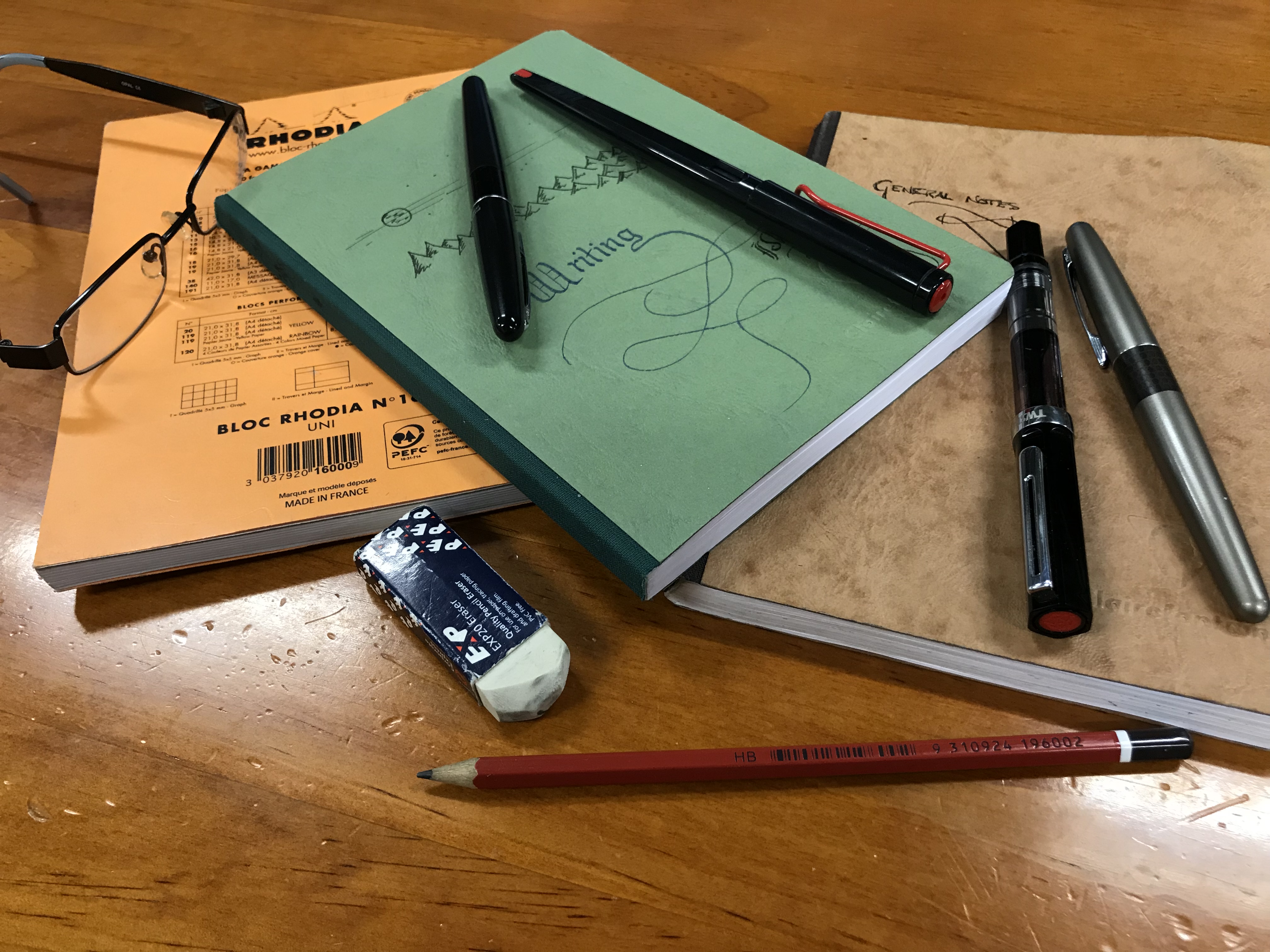
If it’s a new game line, I need to read rules, catch up with lore (that may be only a little, it may be a whole lot). I would regard this broadly as investing time, as it is knowledge and information that will remain useful after I have finished one piece of freelance writing. This is especially true if you happen to get a number of freelance pieces all related to the same game or game line. In this sense, time spent getting familiar with the rules and setting is defrayed over all the pieces you work on. Many freelancers in the RPG industry work on games they are already passionate about or know intimately, so whether the reading of rules and lore is something you count is really up to you and your situation. But for the sake of the story, let’s imagine that refreshing lore and rules for a specific 1000 word piece requires a half an hour. So writing for two hours, and general research for half an hour…
More than general research is specific research… common Chinese names, common Italian surnames, naming conventions, the structure of the UN Security Council, the names of different types of sails, common farming practices in the middle ages, how to make ink, the effects of lead poisoning on the human body, and so on ( I spent hours one night reading about microwave beam attenuation). These are little details that crop up regularly when writing. When we need to research, some of us make a note and come back, some of us pause, research, then continue… whatever your practice, the fact remains that while writing you will often need to undertake parallel research. This research takes time, is intrinsically linked to the writing process, and may take a small amount of time, or a long amount of time, depending on what it is, how important it is, how obscure it is, and so on. Some pieces of writing will require more research than others, some will require none, but this is time taken, and time means that the money earned is defrayed over a longer period, reducing the hourly rate. If I spend half an hour in general research, an hour in specific research, and an hour and a half writing for a 1000 word piece, then that is 3 hours spent for $40 earned at a rate of $13.33 per hour.
Edits, rewrites, adjustments, and addressing comments are all aspects of the submission process, and many freelance contracts will stipulate the number of rewrites or edits a publisher is expecting you to commit to. Whether minor or major, these things take time, let’s say they take an hour. I open the document, read the comments, make the minor changes required, save the document with the iterated document title, and send it back. An hour might be about right for minor adjustments to a short document, major changes may take longer, so let’s hope you got everything right (or about-ish) in the first pass. Now my 1000 words is sitting at about 4 hours of labour, and I’m making about $10 an hour…
Chances are though it took a longer than that, and complications, twists, a couple of minutes looking for the right word here, and the right phrase there, restructuring, tightening, changing a name, difficulty in research, extra time in writing, some rewriting, and so on can easily mean that 4 hours spins into 5 or 6 hours, or even longer. Every hour added reduces the rate earned: at 5 hours I am earning $8 an hour, at 6 hours I am earning $6.66.
Is it a rules set? Does it contain rules? Is it an adventure? Do you playtest? All of these things add time. I like to run through the adventures I write with my (very tolerant) local game group. A session may be 4-6 hours, add notes, add adjustments and rewrites (because there will be rewrites after you test), all of it adds up.
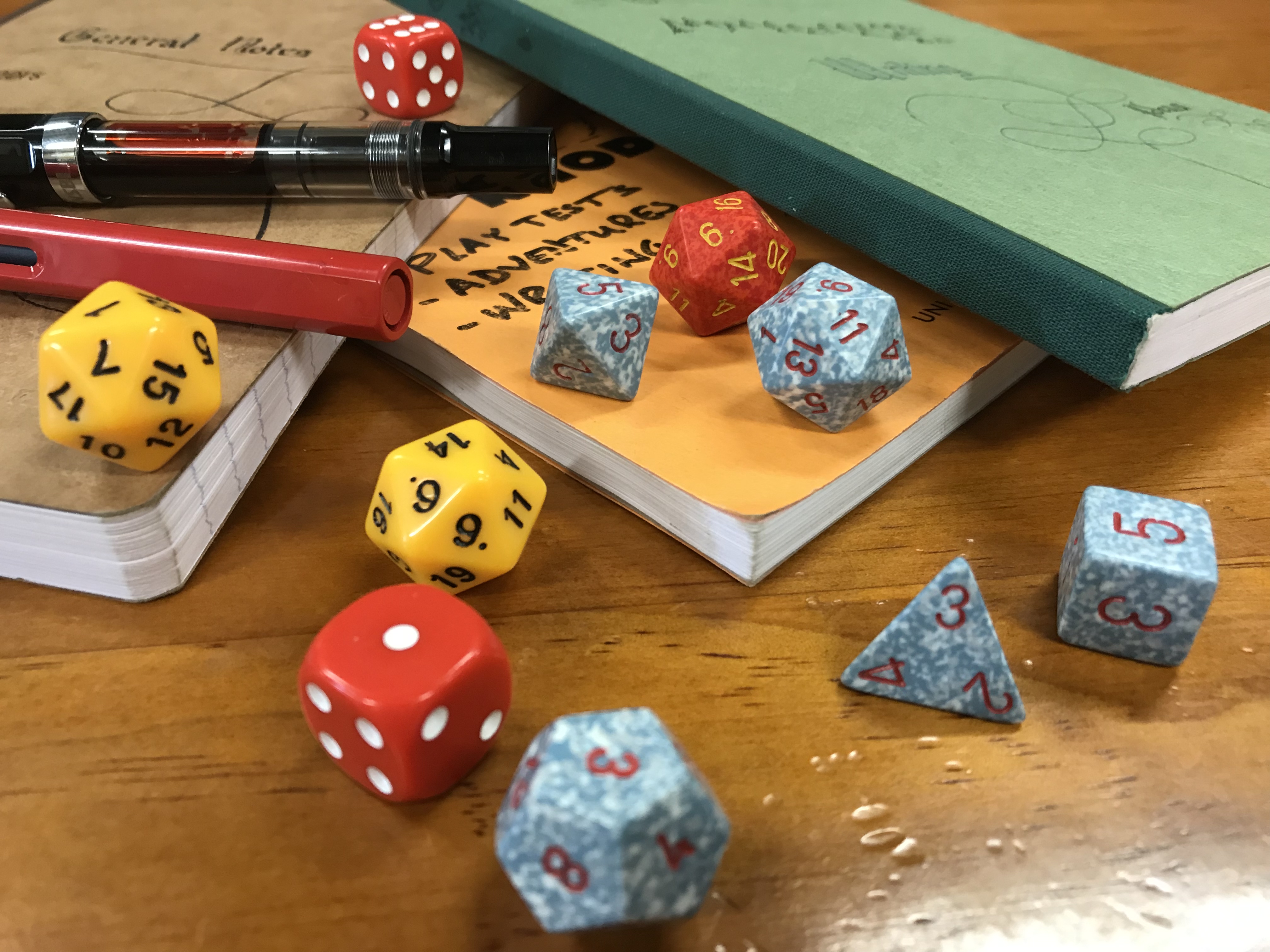
Now, all of this will vary significantly from writer to writer, some writers will be able to get the words written much faster, others will take much longer, some will write clean drafts, some will need to take time to rewrite and edit. Some will find writing background fluff drags and drags, and others will find that writing world histories absolutely flies. I tracked the amount of words I wrote for a year, and found that I am usually quickest when writing adventures, which I think reflects the fact that these usually follow a structure and flow. Whatever your process, whatever areas you are quick or slow in, however long it takes for you to get that 1000 words written, rewritten, researched, edited, etc… all of that combined earns you $40. Some 1000 words will come quickly, some slowly, some will require a lot of extra work, some almost none. Irrespective of all of that, the piece is earning you $40.
All of this raises questions… Could RPG books reconsider how game fluff is presented? Setting the rate per word is encouraging writers to do what, exactly? Where should money be spent when it comes to writing? Is a publisher happy paying $8, $9, or $10 per hour (or should they be)? Is a by-the-word rate a good way to structure a pay scale? Can our industry support rates at a higher scale? What needs to give if not? Is setting rates at x point encouraging a style or approach to writing, or discouraging another? Can our industry support freelance writers as professionals, and not treat it just as a hobby undertaking?
All of these and many more even better questions are relevant and important. They are not questions I have answers to however, thoughts perhaps, opinions maybe, but no answers. If you managed to read to the end, and you have any questions, thoughts, or opinions, I’d be keen to hear them, and will try and work them into follow up posts in the future. Email me at caradocgames@gmail.com, or find my on Twitter @caradocp. If you’re a freelance writer in the industry starting out, I hope this provides you with some information and areas for consideration. If you enjoyed or found this interesting in any way, feel free to head to the Caradoc Games shop to find the games I have released!
